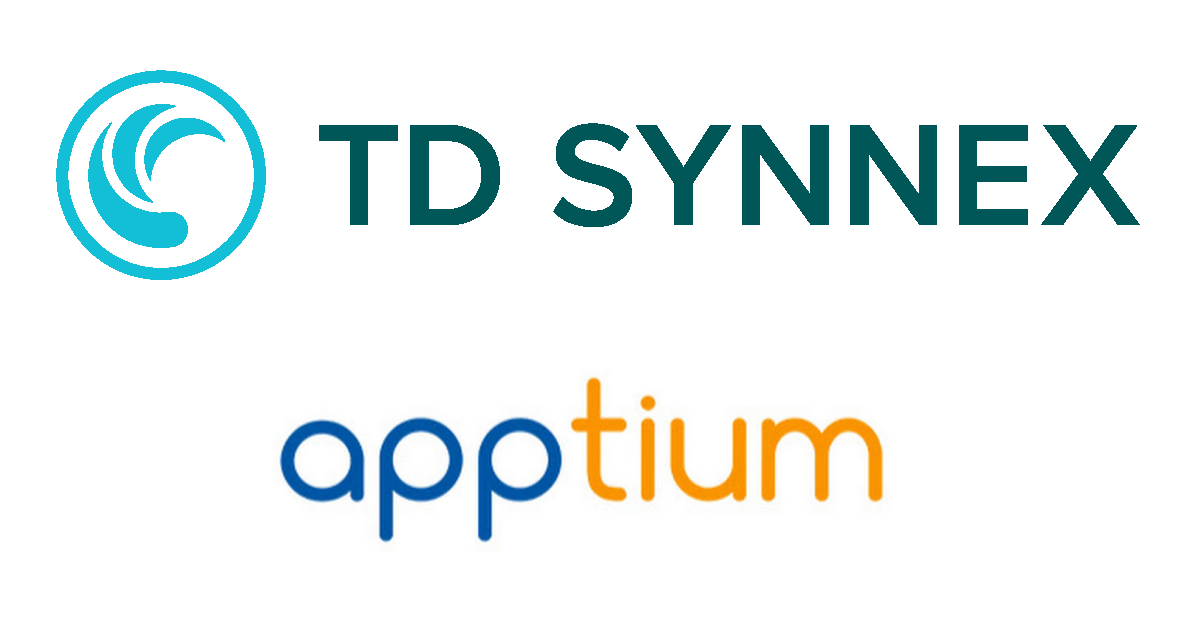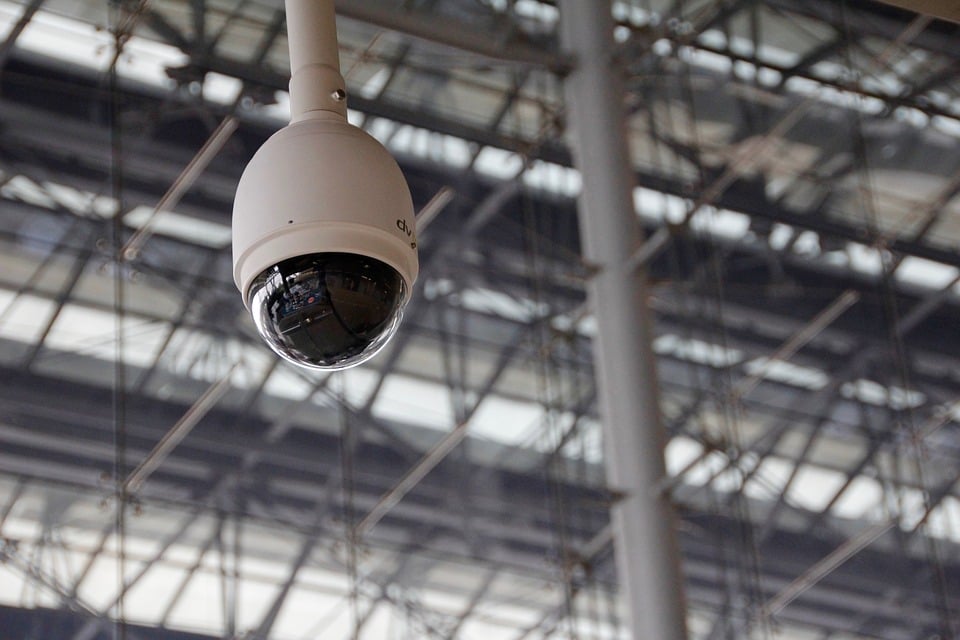Dell has announced its new Dell Wyse "Project Ophelia" solution, designed to extend the value of cloud computing to individual users through a compact, portable device. The new multi-media-capable gadget is just slightly larger than a USB memory stick and allows users to convert any capable TV or monitor into an interactive personal display device without the need for a computer, tablet or smartphone.
The new product aims to help people manage and secure their professional and personal assets through the cloud and with the use of an ultra-compact device. Ordinary displays may be transformed into a communications, entertainment or personal cloud portal using the Project Ophelia device. It also enables business users to create a flexible and securely managed thin client with communications capabilities for demonstration, presentations and other types of work.
The nifty new device is self-powered through a monitor and requires no batteries, while also fitting inside a user's pocket. It is built on existing Dell Wyse software technology, which is already being used in millions of devices. Dell created the product to address the growing need to access cloud-based applications and resources at any time when a high definition display is needed.
It may be used by consumers and online gamers, seeking to access high-definition content or games, who may not have their laptops or tablets handy. Mobile professionals may need a large display capable device as well, but may not have one with them. The new device is also beneficial for cloud access providers who want to include an attractively priced device to package with carrier Internet and wireless services.
Advantages of Project Ophelia include instant and secure access to personal cloud, entertainment and work content and applications in any location where a capable display is available. This is enabled through a Bluetooth keyboard and mouse. Wi-Fi is also integrated. The gadget is built on the Android 4 OS and supports Web browsing, social networking, media playback and Android Apps, as well as the possibility of extending to other services.
Additional features include secure connections to Windows desktops and applications running on back-end systems from a variety of infrastructure providers, including Citrix, Microsoft and VMware. The zero-battery device receives power from the attached display device through its MHL interface to the device's MHL port, or separately through its USB interface. The solution is managed by the Dell Wyse Cloud Client Manager SaaS, ensuring it is being used by the appropriate person with the correct permissions and access to apps and content based on role, department or location.
"People are increasingly requiring access to digital content while on the go, in both their work and personal lives," said Tarkan Maner, vice president and general manager, Cloud Client Computing at Dell. "Mobile devices have small screens, tablets and PCs aren't always convenient to haul around, and all these devices require batteries that can run down. Project Ophelia turns capable TVs and monitors into personal and reliable Wi-Fi enabled work or entertainment stations - all managed easily by IT via Dell Wyse Cloud Client Manager."
Edited by
Brooke Neuman






